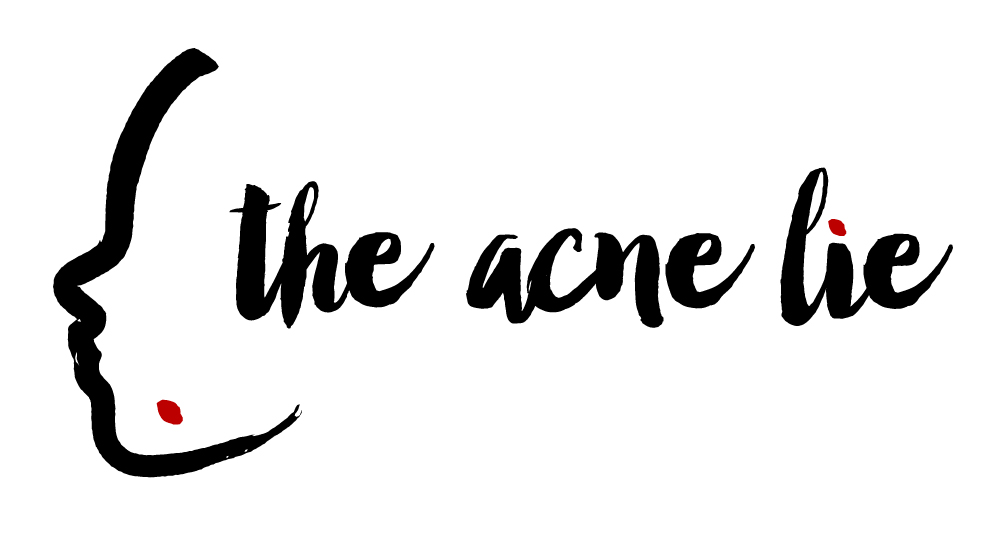Do you know what’s in your cosmetics?
If you have acne or other issues with your skin, then you might be wary of using makeup. On the one hand, it’s an understandable desire to want to use makeup to help disguise blemished skin. On the other hand, makeup can irritate sensitive skin, or clog pores – which can lead to further acne outbreaks.
So what can you do? We do not endorse one particular brand of makeup over another, but what we can do is help you to steer clear of certain ingredients that are known to have adverse effects on the skin.
Here are some ingredients commonly found in makeup and even some skin care products.
Read the ingredient list and watch out for:
Butylated Compounds
These preservatives are usually labeled as BHT or BHA. They’re often found in cosmetic and skin care products, and in some prepared foods, too. If it’s unsafe to be in your body, then use caution about putting it on your skin. We absorb material through our pores, and in the case of cosmetics like lipstick or lipgloss, some minor ingestion is expected. [1]
Parabens
If your cosmetic product (or skin care product) has a long chemical word ending in “-paraben,” then it’s best to steer clear. Paraben compounds are usually used as a preservative, but many of these chemicals have been linked to skin cancer. Parabens are also considered endocrine disruptors (meaning potential disruption with the body’s estrogen or testosterone). This can lead to even more acne or skin problems. [2]
Polyethylene
Polyethylene (also sometimes labeled as PEG, for Polyethylene Glycol) is a type of plastic you want to avoid. It’s used in a lot of scrubs and exfoliators, because it can effectively remove dead skin cells without being too abrasive. It’s also used in many types of cosmetics as an adhesive agent or binding agent. Polyethylene is considered a potential carcinogen, but more importantly, it’s a skin irritant. It also is a potential hazard to the body’s immune system. [3]
Hydroquinone
This compound is usually found in skin lightening products. If you’re a person of color, or if you’re trying to lighten areas that have been darkened by acne or other skin conditions, then use caution. Hydroquinone is linked to cancer, especially skin cancer. It also can cause irritation or damage to the respiratory tract if inhaled. [4]
Lead, Mercury, and other Heavy Metals
Many cosmetic products contain small amounts of lead, mercury, arsenic, cadmium, nickel, beryllium, and other heavy metals. These metals can build up in the body over time, and lead to a variety of health issues such as cancer, nerve disorders, joint and muscle problems, neurological disorders such as memory loss, and more. These metals are sometimes not listed in ingredient labels, so if you have a concern about trace metals in your product, do some research before you use it. [5]
Talcum Powder
“In makeup and other cosmetic products, talc provides a texture that makes the product easier to apply and more comfortable on the skin. Some of the more common types of cosmetics and hygiene products that use talc include baby powder, blush, face powder, eyeshadow, and foundation.” [6] While talc is commonly used in the makeup industry, it has been linked to causing cancer. You can read more about it here.
Safe Makeup
Basically, the fewer chemical ingredients a cosmetic product has, the more likely it is to be easier on the skin. Plant-based ingredients are likely to be safer, but even so, if you have a concern or a question about a product, do your research. Products labeled as “natural” or “organic” may not always be as safe as the packaging would imply.
Don’t let this list scare you away from using and enjoying cosmetics, though! Read product reviews, research ingredients, and keep us in the loop about cosmetics that are skin-friendly!
References:
1. https://www.annmariegianni.com/toxic-chemicals-in-makeup-industry/
2. http://www.safecosmetics.org/get-the-facts/chemicals-of-concern/parabens/
3. https://www.truthinaging.com/ingredients/polyethelene
4. http://www.safecosmetics.org/get-the-facts/chemicals-of-concern/hydroquinone/
6. https://mesothelioma.net/talcum-powder-asbestos-mesothelioma/

